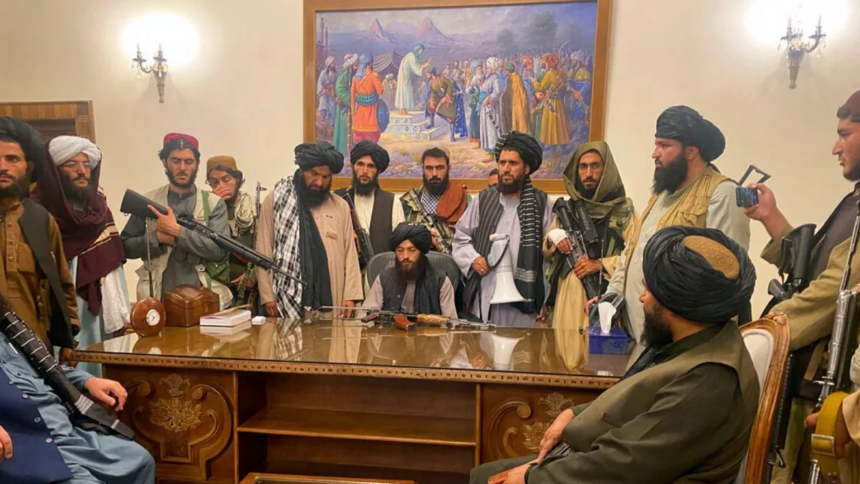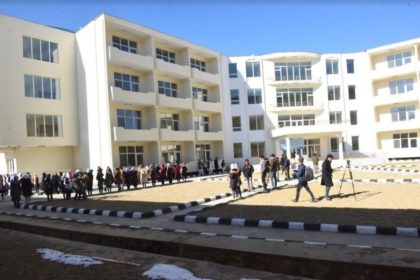RASC News Agency: On the eve of the fourth anniversary of the Taliban’s forceful return to power, Human Rights Watch has unequivocally condemned the international community for its profound failure to halt the extensive and escalating repression inflicted upon Afghanistani citizens by the Taliban regime. Rather than demonstrating any genuine commitment to reform or moderation, the Taliban have, over the past four years, intensified their brutal campaign of systematic oppression targeting women, ethnic minorities, former security personnel, and political dissidents. Farshteh Abbasi, Senior Researcher at Human Rights Watch, declared: “The evidence of widespread, systematic human rights violations perpetrated by the Taliban is irrefutable. The world’s silence and inaction have effectively greenlit this regime’s ruthless oppression.” She further underscored the urgent necessity for an international accountability mechanism to compel the Taliban to answer for their gross violations.
The abuses under Taliban rule are both pervasive and multifaceted. Scores of former Afghanistan’s military personnel have been summarily executed or disappeared in secret, denied any semblance of due process. Torture in detention facilities has become routine, with both political prisoners and ordinary citizens subjected to brutal mistreatment. Reports of sexual violence against female detainees abound, with many victims silenced by the palpable fear of retaliation. Perhaps most egregiously, the Taliban have enacted a draconian gender apartheid completely barring women from education, employment, and social participation cementing an unprecedented rollback of women’s rights. Beyond Afghanistan’s borders, the plight of Afghanistani refugees in neighboring countries, notably Iran and Pakistan, has deteriorated sharply. Arbitrary arrests, widespread expulsions, and a surge in murders and disappearances have exacerbated an already dire humanitarian catastrophe.
Domestically, the Taliban’s relentless clampdown has precipitated the near-collapse of essential services. Systematic restrictions on women’s access to humanitarian aid, coupled with the suspension of critical international funding, have decimated the healthcare infrastructure. In the past year alone, over 400 health centers have shuttered due to budget deficits, leaving millions deprived of basic medical care. Four years of international appeasement and diplomatic acquiescence have only emboldened the Taliban’s brutal governance. Instead of moderating their conduct, the regime has grown more entrenched in violence and impunity, with the world’s failure to hold them accountable serving as tacit endorsement of their reign.
As Afghanistan marks four years under this repressive rule, the imperative is clear: the global community must abandon policies of concession, impose meaningful political and economic pressure, and establish enforceable mechanisms of accountability. Without decisive intervention, Afghanistan’s human rights crisis risks reaching a point of no return, condemning millions to endure a regime flagrantly hostile to fundamental freedoms and international norms.






